
Full Privatization of 3 Major Iranian Banks on Agenda
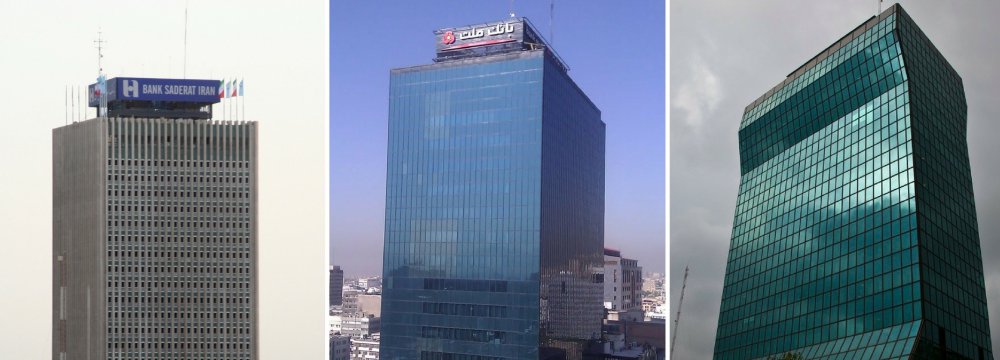
"IPO has made the proposal to divest the remaining shares of privatized banks, but the final approval rests with Cabinet ministers," Farid Dehdilani, international advisor to IPO, also said in a telephone interview.
The three major public banks, namely Mellat, Saderat and Tejarat, divested shares after the privatization process gathered momentum in the mid-2000s when the Leader of Islamic Revolution Ayatollah Seyyed Ali Khamenei issued a decree, expounding the Iranian Constitution's Article 44 and recognizing the private sector as an integral part of the Iranian economy.
The government, however, did not relinquish its role completely and kept a 20% share in most of these banks. This led to the occasional criticism of lawmakers and market players who said this only made things worse by creating a nebulous entity that poses a bigger threat to the "real private sector".
After President Hassan Rouhani took office in 2013, he made a point to accelerate privatization that he said was lacking during the previous administration.
According to IPO, all the divestitures during Rouhani's first term were real and increased the private sector share in the government by 5.3 times compared with the previous administration.
If IPO's proposal goes as planned, the shares of banks will be floated on the stock market similar to when the banks went public the first time around.
"While there was opposition to the idea of the government relinquishing all its shares, now a more favorable view exists in the government," Dehdilani said.
Currently, private banks are operating in the country, but in some cases government-affiliated companies and non-government public entities own shares in these banks, making it harder for them to act independently and initiate much-needed reforms.
According to Dehdilani, since the shares of even more strategic firms like petrochemical companies have been divested, there should be no obstacle to these banks becoming fully privatized.
At present, the country has eight state-owned banks, including Bank Melli Iran–the country's biggest by asset, Export Development Bank of Iran–the country's Eximbank, and Bank Maskan that specializes in the housing sector and for long monopolized the mortgage market.
Dehdilani estimated that a floatation of the shares of these three banks would generate as much as 150 trillion rials ($3.4 billion) for the government, boost its tax income and create jobs.
Other Divestitures
The official announced that other divestures are on the table for IPO, including the sale of Luleh Gostar of Esfarayen, the sole manufacture of high-pressure seamless pipes in the country.
The company is currently operating at 25% capacity and whose main customer is the National Iranian Oil Company. Its sale price is 1.9 trillion rials ($43.1 million).
Another company up for grabs is Manjil and Rudbar Wind Farm located in northern Iran and the government offers a guaranteed price to purchase its output. The list price for the wind farm is 3.1 trillion rials ($70.4 million) but domestic and foreign bidders can buy it (which is also the same for other items) at 10% of the price and pay the rest over eight years at 10% interest rate.
Dehdilani said this is a bargain in view of the 15% interest rate currently used by the banking system.
These divestures come after the economic mood of the country brightened after US President Donald Trump this week stopped short of reinstating the nuclear sanctions lifted in the wake of the 2015 nuclear deal.
"This, along with the fact that Europe is firmly sticking with the deal, shows that the agreement is here to stay and we can expect more foreign investment in the coming months," he said.


Uzbek gold miner said to eye $20 billion value in dual listing

Peabody–Anglo $3.8B coal deal on the brink after mine fire

A global market based on gold bars shudders on tariff threat

Minera Alamos buys Equinox’s Nevada assets for $115M
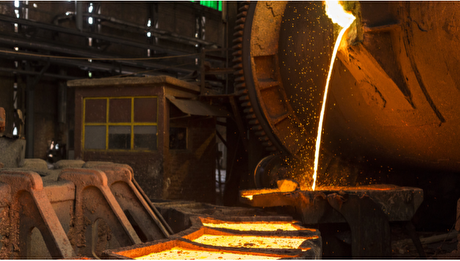
Adani’s new copper smelter in India applies to become LME-listed brand
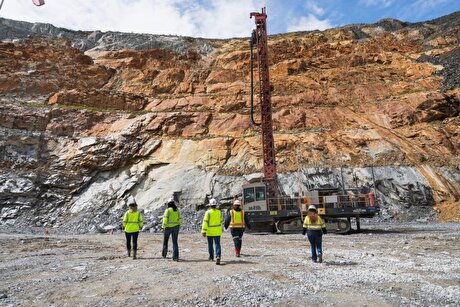
OceanaGold hits new high on strong Q2 results
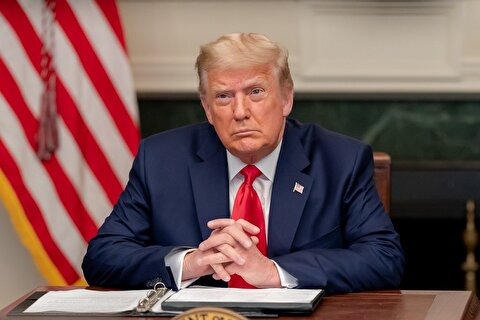
Trump says gold imports won’t be tariffed in reprieve for market
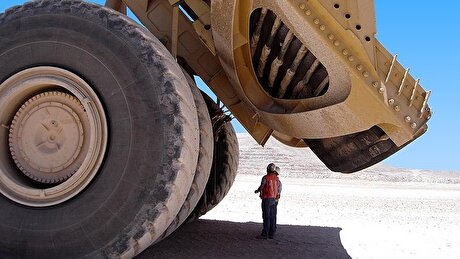
Cochilco maintains copper price forecast for 2025 and 2026

De Beers strikes first kimberlite field in 30 years

BHP shares near priciest valuation since 2021 on shift to miners

African Rainbow boosts Surge Copper stake to 19.9%
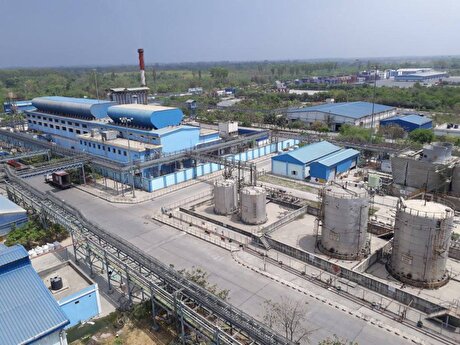
Hindustan Zinc to invest $438 million to build reprocessing plant
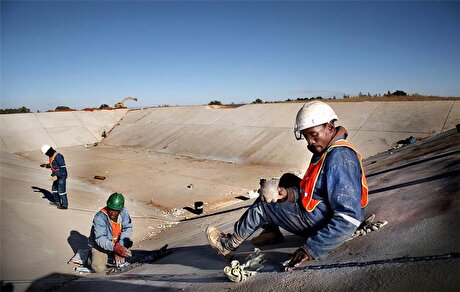
South Africa mining lobby gives draft law feedback with concerns

Wooden church sets off on slow Swedish road trip to escape mining subsidence
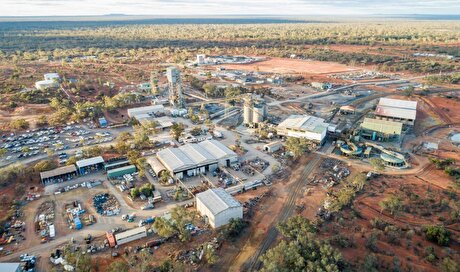
Harmony Gold’s MAC Copper takeover gets regulatory nod

Povrly Copper Industries orders a breakdown rolling mill for high-quality copper, brass, and bronze strip production

Advanced cold-rolled strip for China’s New Energy Vehicle market

A Danieli greenfield project for competitive, quality rebar production
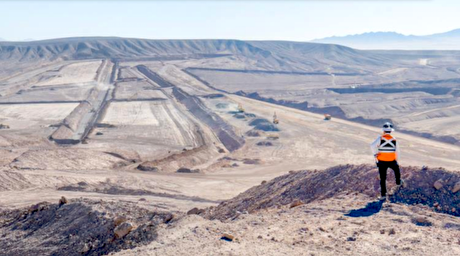
Antofagasta posts biggest profit margins since 2021

BHP shares near priciest valuation since 2021 on shift to miners

African Rainbow boosts Surge Copper stake to 19.9%

Hindustan Zinc to invest $438 million to build reprocessing plant

South Africa mining lobby gives draft law feedback with concerns

Wooden church sets off on slow Swedish road trip to escape mining subsidence

Harmony Gold’s MAC Copper takeover gets regulatory nod

Povrly Copper Industries orders a breakdown rolling mill for high-quality copper, brass, and bronze strip production

Advanced cold-rolled strip for China’s New Energy Vehicle market

A Danieli greenfield project for competitive, quality rebar production














